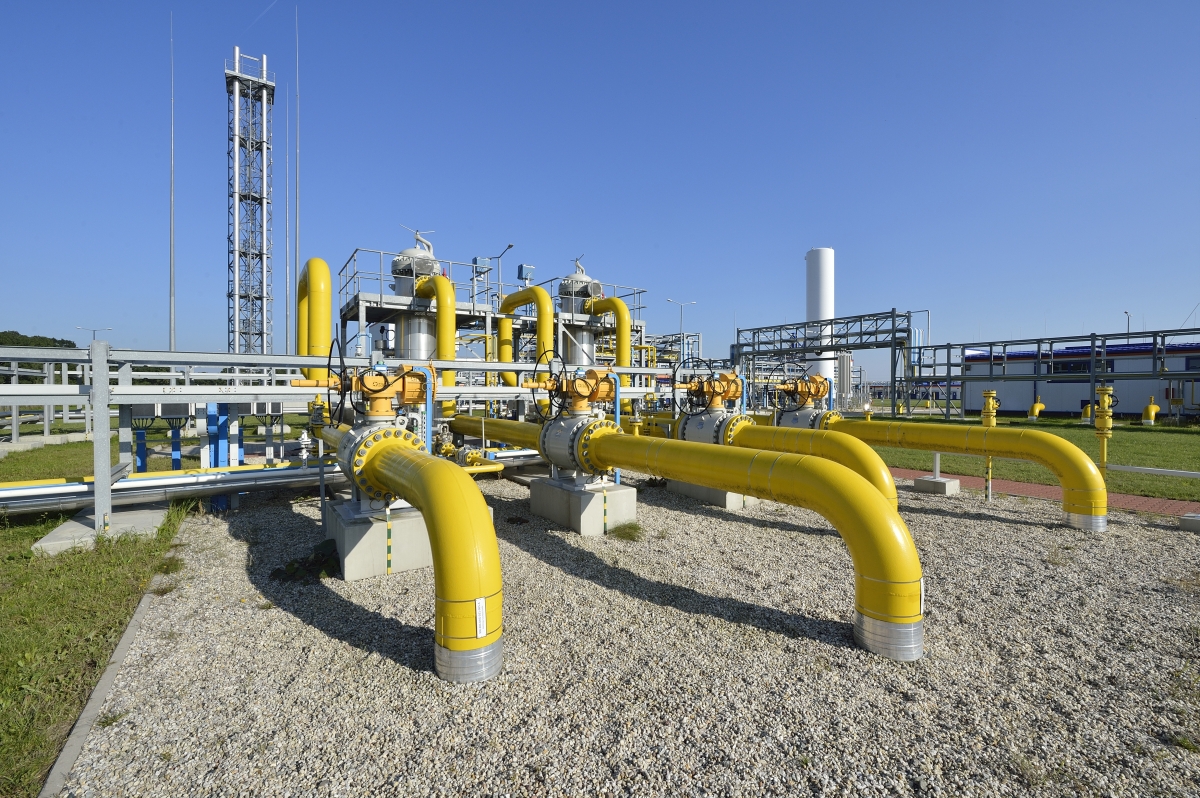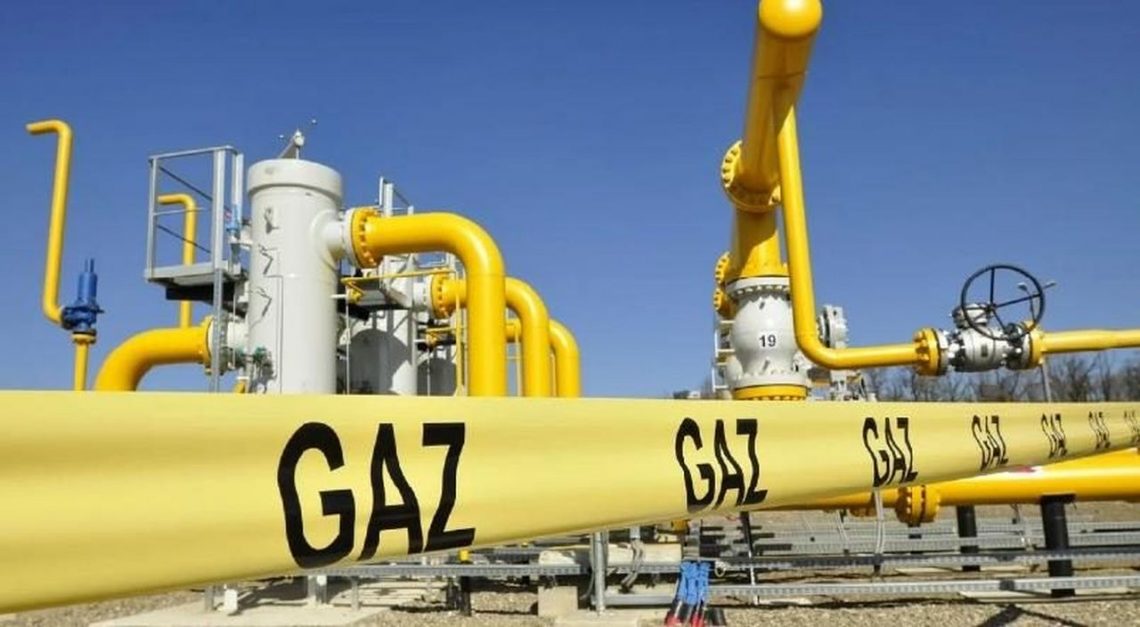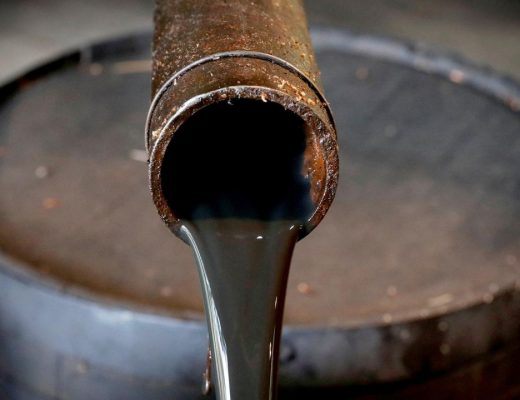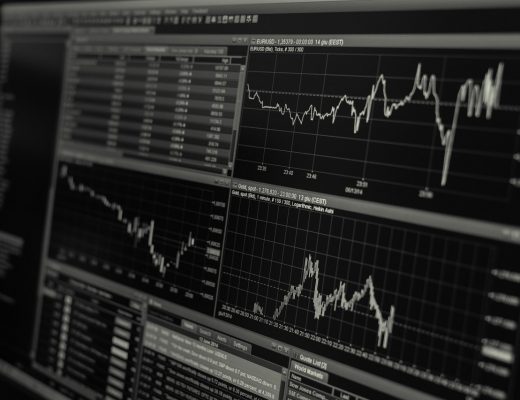Negative gas prices in Europe: reasons for drop in quotations
Following the growth of supply on the oil market, gas storage volumes are also increasing. The demand for blue fuel is growing, but so far it is not enough to increase its value. Therefore, analysts predict negative gas prices in Europe, which will affect the quotations of Gazprom Corporation and other suppliers.
Experts compare the market picture with the one that happened a few months ago with oil. At that time, prices for WTI raw materials fell below zero, which was the first case in the history of the industry. The negative price for gas suggests that suppliers will have to sell fuel at a surcharge just to get it taken away and free up storage facilities, which are running out of space.
European quotations are extremely important for Gazprom, which has 57% of its exports under long term contracts. Under these contracts, the cost of supply depends on the prices on European stock markets.
The main trading platform is TTF in the Netherlands. Here, there is a decrease in gas quotations. Last week they reached a historic low, having fallen by 30% – to values of 26.4 dollars per thousand cubic meters. At the gas hub in Baumgarten, Austria, a value of $49.7 per thousand cubic meters for supply contracts was recorded, which will be the next day.
At the NBP site in the UK, quotations fell by 23% – to $29 per thousand cubic meters.
Expert Thierry Brault from the French Institute Sciences Po believes that the negative figures for spot prices are quite real. This is especially likely for NBP hub, where a similar situation was observed in 2006. But if then the price was below zero at only one spot, then this year the TTF may fall as well.

Gas storage facilities are filling up quite rapidly, worsening the market situation and the large supply of LNG from Qatar, and demand is recovering very slowly after the pandemic. Therefore, fuel prices may reach negative values in the near future.
Fuel storage tanks in Europe are 70% full. In comparison, last year the figure was 56%. In case of shortage of tanks, the only option for balancing supply and demand will be negative prices. The seasonality of the gas market should also be taken into account, which aggravates the situation, as at this time the storage facilities are usually actively filled for future sales in autumn and winter. And due to the global drop in demand, there is less and less space in storage facilities.










